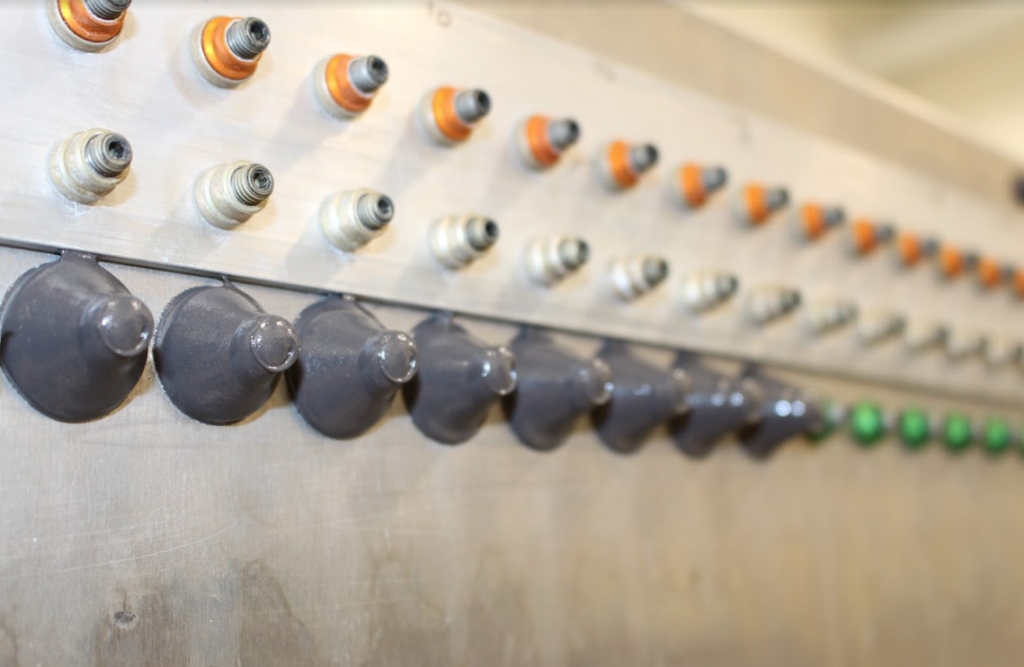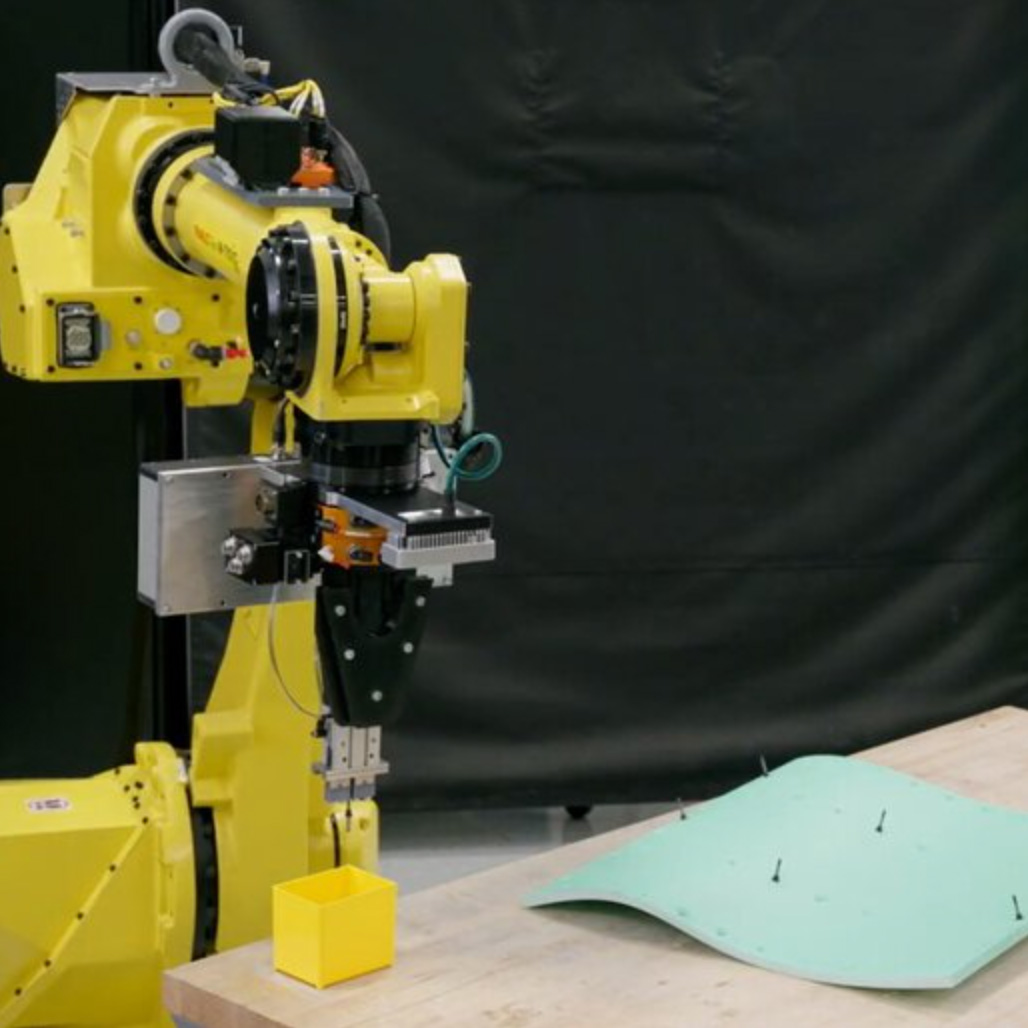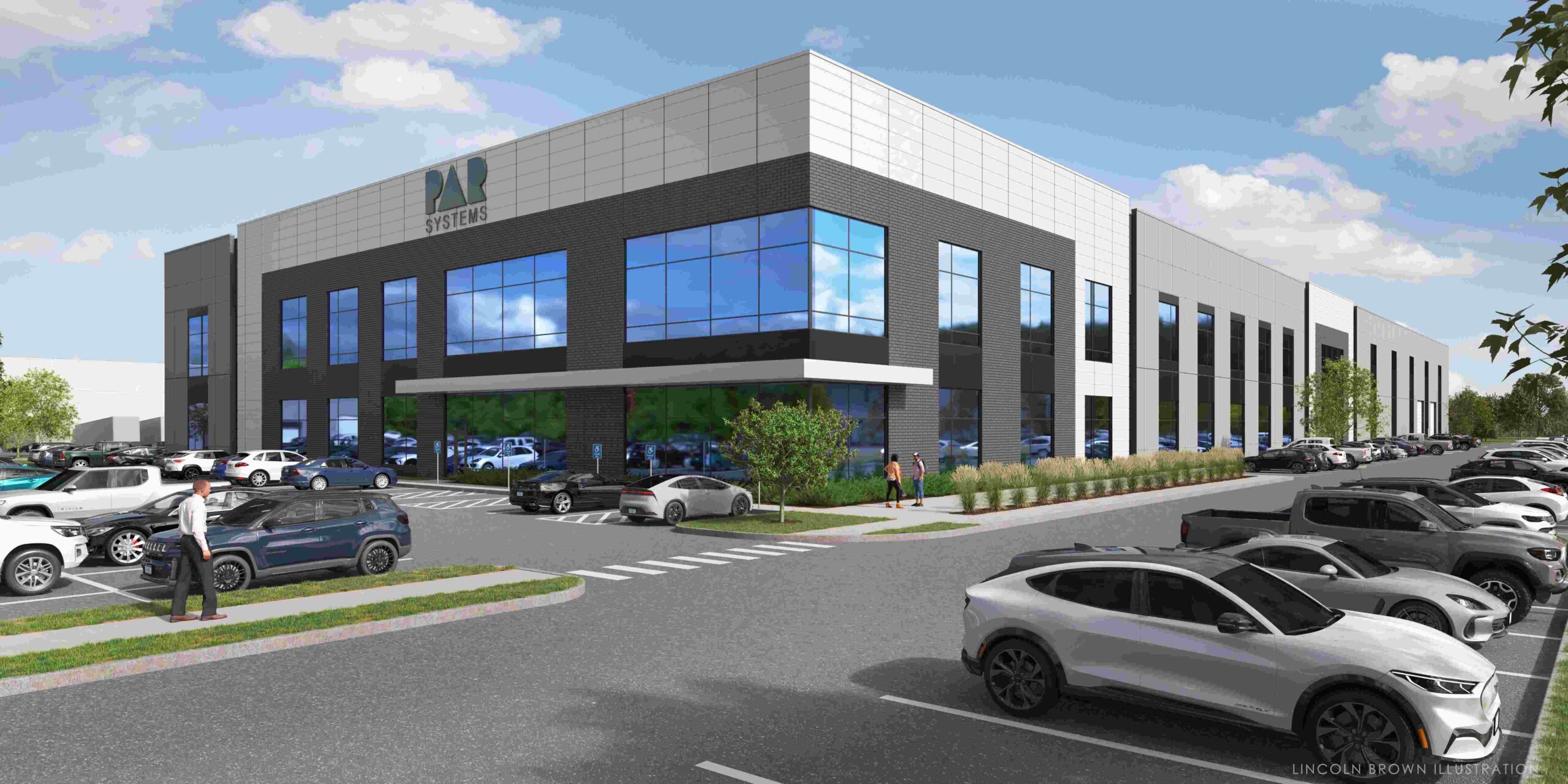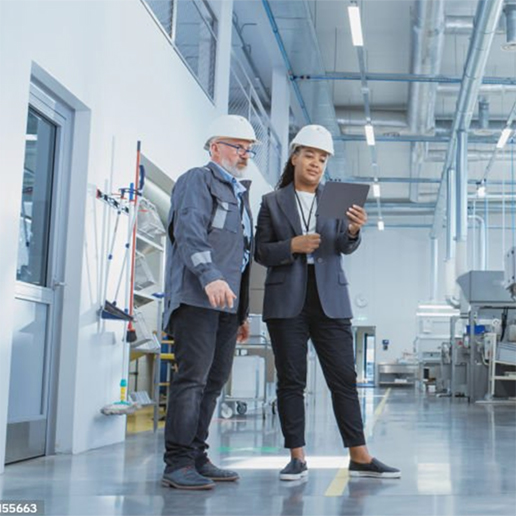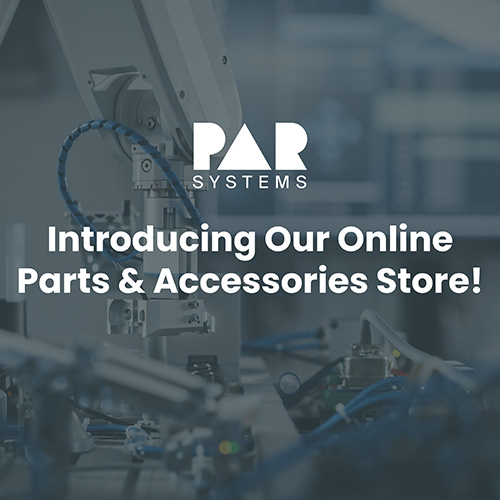PAR woman engineer shares experience and inspiration to women from SWE22
PAR woman engineer shares experience and inspiration to women in the workplace from her time at The Society of Women Engineers conference, SWE22 conference
October 27, 2022
One of PAR’s female Mechanical Engineers, Elise Rodich, attended the Society of Women Engineers conference for Women in Engineering and Technology, SWE22 last week, October 20th – 22nd. The conference offered combined focuses on early career development and professional development for women in engineering. For Elise, it was about the inspiration of building her network among women in engineering and also the transition from college to professional work as she is a recent graduate and new to joining the PAR team. We sat down with Elise and asked her to share her experience. Learn more about her what it was like and her inspiration to women in the workplace below.
What did you enjoy the most about the Women in Engineering conference?
The keynotes speakers. There were SO many people in the room. The conference had over 16,000 attendees. I sat in a huge room with almost every person is a female engineer. It’s hard to put into words how impactful that was. I’ve never been in a room with that many engineers before.
At this conference, every single room is almost entirely female engineers. It really does make an impact, especially physically seeing that reminded me how large the women engineering community is and how much support there is, even if it doesn’t always feel that way.
(The conference was open to men attendance, but the majority of attendees were women.
Keynote speakers were: Dr. Phyllis Schneck, Vice President, Information Security, and Cyber Chief Information Security Officer at Northrop Grumma; Nancy Post, Vice President for Embedded Software and Solutions for the intelligent Solutions Group at John Deere; and Michele L. Sullivan, HarperCollins Leadership author of Looking Up.)
What was your favorite speaker or session at the conference? Why?
Negotiation as collaborative problem solving by Margaret A. Neale. One aspect was about salary negotiation. I learned that women are less likely to negotiate their salary or any other monetary compensation. The session talked about the reasons why and how to close that gap. The most effective negotiation is when both sides get what they want or something positive out of it. When you problem-solve collaboratively, it can be beneficial for both sides. Negotiation sounds like a battle sometimes and it doesn’t have to be.
Another favorite session of mine was the focus on imposter syndrome. The speaker talked about how women and minorities are more likely to experience it. The conference featured sessions talking about on where imposter syndrome comes from, how we can fix it in the future and how to start feeling comfortable in your role at work without any external input. If you feel it, you can fix it. I liked the reminders of continually re-framing your mindset and staying aware of successes; it takes purpose to move away from feeling it.
So many women feel imposter syndrome, especially women in engineering when there are so few females, it is something many of us deal with. Greater than 70% of adults will feel it sometime in their lifetime. For example, I know women who have been told they only got a position because they are a woman and the company wanted to increase their diversity numbers.
“The truth is everyone is hired for a multitude of reasons. A company wouldn’t have hired you if you weren’t qualified and right for the position. The conference session was a reminder that we are just as qualified to be here as everyone else.” says Elise.
(Imposter syndrome was defined as feeling like an intellectual fraud or in a position that you’re not deserving of.)
What was your biggest or most memorable takeaway from the conference?
I have a much bigger system of support than I realized. Even if you don’t have many female co-workers or interact with many females on a day-to-day basis, that doesn’t mean that they aren’t out there and they can be a support network for you. I’m really glad that PAR sent me to this conference. It was a great reminder I do have that support network and PAR is willing to help me be connected with them.
What do you plan to bring back to PAR from the conference? Is there anything that could inspire the other women engineers at PAR or other women at PAR, or any women in the workplace?
I hope to be more intentional about growing the women’s support groups we already have in place. Also, to be purposeful about engaging and encouraging others to engage as well.
Did you have any big learning moments at the conference?
I learned that networking is easier than it seems. It doesn’t have to be a big scary thing, it’s just meeting new people and talking to new people and making new contacts. Networking is a great way to learn.
What does being a woman engineer mean to you?
For me, it’s never been a question about whether I was going into engineering. I went to an engineering camp at 11 years old and loved it and knew I wanted to go into engineering and here I am. It’s always felt inevitable that would become an engineer, but the farther down that road I get, the more impactful it feels to be here. It’s kind of expected that I’m not going to have that many female co-workers, but the trends are changing. More and more women are going into engineering and more women are staying in engineering which means the longer I am in engineering, the more women there will be with me. I hope that one day I’ll get to be a mentor and where I didn’t have a mentor to look up to, someone later will and that could be me.
What advice would you give to a new woman employee just joining PAR as a new engineer? Or to a female student looking to go into engineering?
In some ways, it has been a harder journey for us. A little more adversarial to be a woman in engineering than it is to be a man in engineering and to be proud of yourself for that. Sometimes it feels lonely, but you always have a support network and hopefully, I can be part of that. My advice to students going into engineering is don’t be afraid to ask for help.
